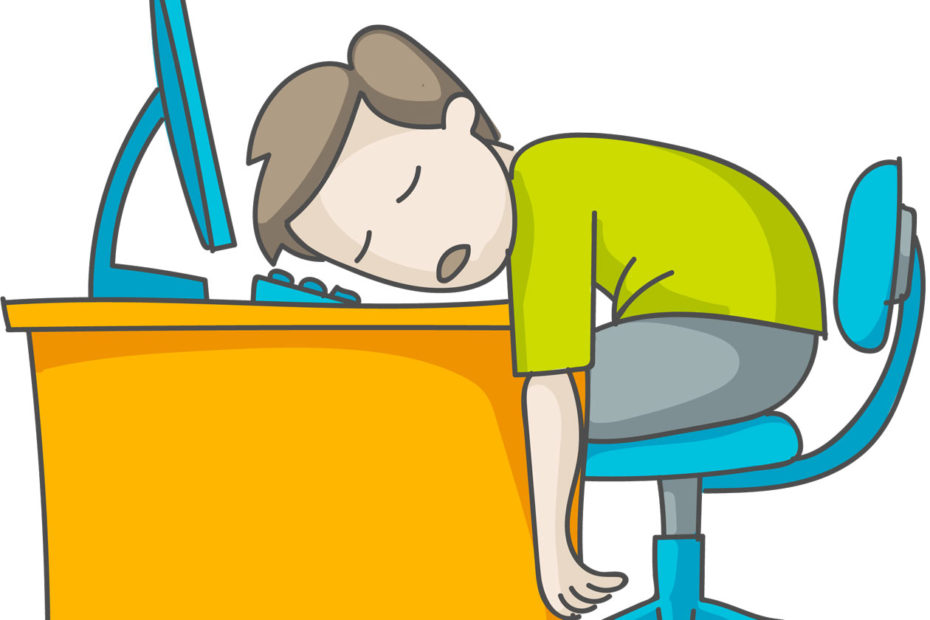We’re all well aware of how worn-out and drained a bad night’s sleep makes us feel, but what many of us don’t realise is the significant detrimental effects consistent bad sleep can have on the rest of our body.
The effect of sleep deprivation on gut health
Research into the impact of sleep deprivation has shown that circadian rhythms and sleep quality can impact your gut health by altering your gut microbiome (1). Disruptions to your sleep cycle, for example due to jet lag or insomnia, can interfere with your microbiome, changing the type and balance of microbial populations. But, so what if staying up doing that essay or going on that night out upset a few bacteria in your gut? The microbiome is all of the microorganisms living on your body at a given moment and trust me there’s a whole lot of them. Now that might not sound appealing, but before you rush out to buy a bottle of antibacterial soap, just have a read of all the good work it does.
So, why does gut health matter?
A wide array of mental and physical health problems can arise from the dysfunction of the gut microbiome. Mental health conditions like depression and anxiety as well as hormone imbalances, immune conditions and chronic disease can result from these imbalances. Diversity in your gut bacteria is essential, with less diverse gut bacteria being linked with obesity (2), asthma (3) and lack of energy (4). Additionally, they activate production of neurotransmitters that amongst other things determine our mood, implicating the microbiome in the occurrence of various mental health problems. Also, the right balance and type of bacteria is necessary to crowd out bad bacteria and also combat inflammation. Disruptions in circadian rhythms that impact on the gut microbiome may consequently have implications for inflammatory diseases.
Sleep deprivation and inflammatory diseases
Sleep deprivation has been shown to cause inflammation in the body and consistent long term inflammation has extensive negative effects on our health. Research has shown that people who frequently get less than six hours of sleep a night had elevated levels of inflammation associated proteins than those that got a better night’s sleep – around seven to eight hours (5). Inflammation is caused by fluid and white blood cells collecting in tissues, causing swelling. Whilst this is great for fighting infection or healing injuries, in the long term it can cause serious damage. This chronic inflammation is linked with a whole host of nasty diseases including cancer, obesity, cognitive decline, IBS, heart disease and diabetes.Furthermore, when you sleep appears to be just as important as how much you sleep. The World Health Organisation’s research has shown that regular changes in sleep patterns interferes with your circadian rhythms and not only causes inflammation but makes you more vulnerable to cancer and heart disease. So, make sure that you’re getting your forty winks at the same time each night – routine is key!
Apart from better sleep, how else can we improve our gut health?
As well as better sleep, what you eat can help mitigate both the inflammation and the gut imbalances sleep deprivation causes. Keeping an eye on the food you eat has been drilled into us by health professionals for years, but it’s not just essential for weight loss and boosting energy. Eliminating digestive problems enables your body to better absorb the nutrients from your food. This helps avoid inflammation in other parts of the body that result from dysbiosis in the gut. Anti-inflammatory foods (included in RYH recipes) include berries, tree nuts, seeds, mushrooms, garlic, olive oil, and dark chocolate – those all sound pretty tasty right? So, protecting your future health is both a wise and delicious choice! Steering clear of dairy, sugar and alcohol will also do wonders for reducing inflammation caused by both sleep deprivation and other factors. This helps prevent the development of diseases like obesity, cancer and diabetes as well as improving your mental health and other microbiome-mediated issues.For both your mental and physical health, getting a better night’s sleep may be the best preventative action you can take. For information on how to improve your sleeping habits, take at look at our article ‘5 tips on how to get a better night’s sleep’.
References
1. Voigt RM, Forsyth CB, Green SJ, et al. Circadian disorganization alters intestinal microbiota. PLoS One. 2014;9(5):e97500. Published 2014 May 21.
2. Ley RE, Bäckhed F, Turnbaugh P, Lozupone CA, Knight RD, Gordon JI. Obesity alters gut microbial ecology. Proc Natl Acad Sci USA. 2005;102(31):11070-11075.
3. Abrahamsson TR, Jakobsson HE, Andersson AF, Björkstén B, Engstrand L, Jenmalm MC. Low gut microbiota diversity in early infancy precedes asthma at school age. Clin Exp Allergy. 2014;44(6):842-850.
4. Turnbaugh PJ, Gordon JI. The core gut microbiome, energy balance and obesity. J Physiol. 2009;587(17):4153-4158.
5. Morris A, Coverson D, Fike L, et al. Sleep Quality and Duration are Associated with Higher Levels of Inflammatory Biomarkers: the META-Health Study. Circulation. 2010;122(Suppl 21):A17806 LP-A17806.
